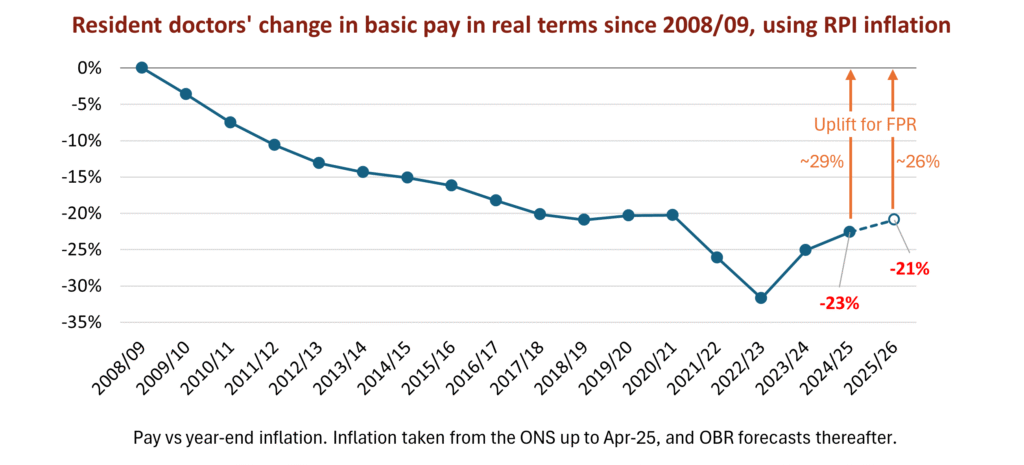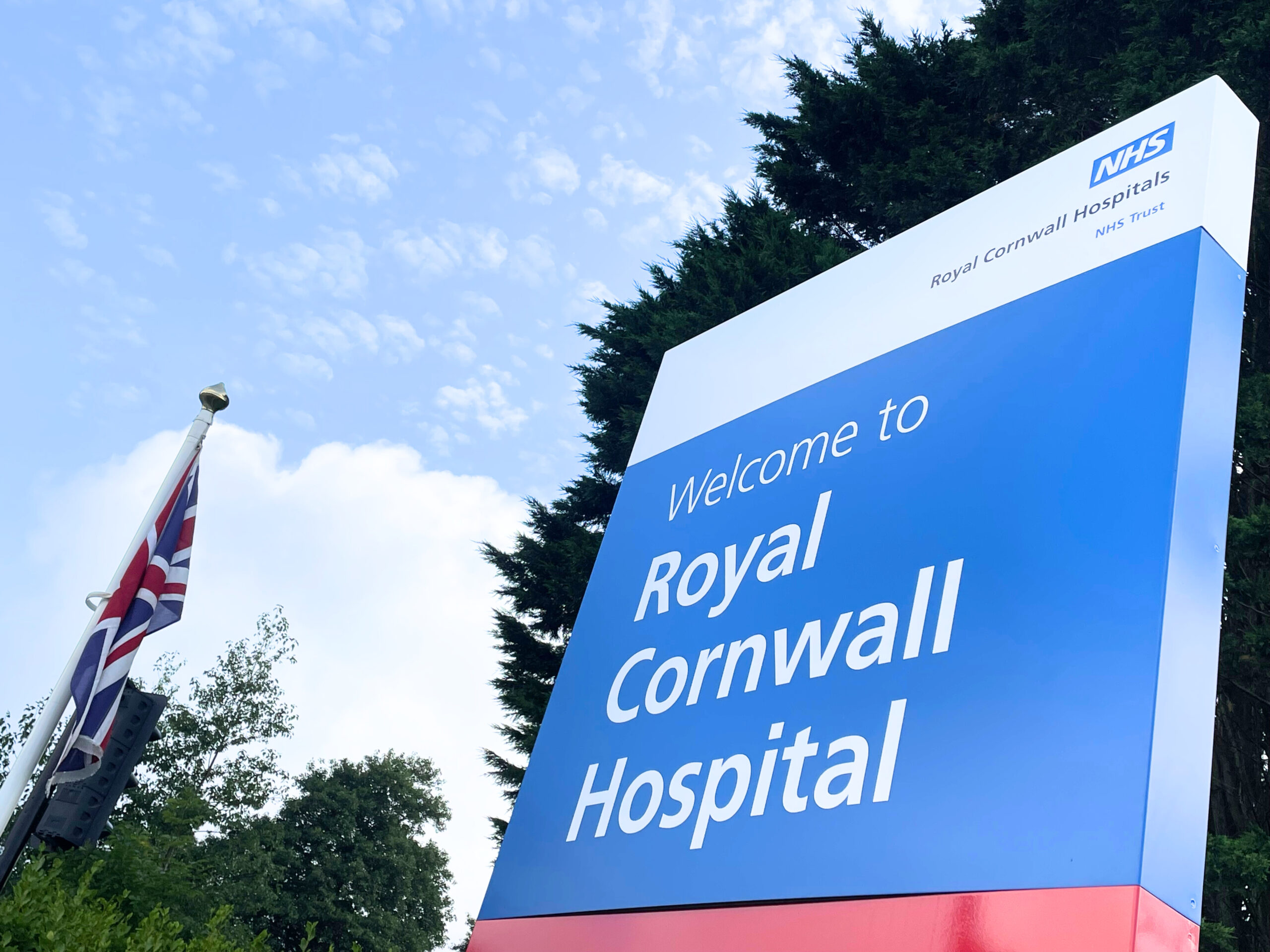Today marks the start of 5 days of industrial action at GPs and hospitals across England and Cornwall as doctors strike over pay. Resident doctors, formerly known as junior doctors, voted to take strike action in the fight for pay restoration, with strike ballot returning a 90% endorsement. According to the British Medical Association (BMA), a trade union representing over 195,000 medical workers, real-term pay has decreased by 21% since 2008. In the words of BMA co-chair Dr Melissa Ryan, “it’s like working one day a week for free.”
The demand of the BMA is a 29% increase to reverse the erosion of pay in relation to the Retail Price Index (RPI). RPI as a measurement of inflation is based on the price of a fixed ‘Basket of Goods’. It is not recognised by the government as a standard measurement of inflation.

Health Secretary Wes Streeting argues that “These strikes were unnecessary. Unnecessary because resident doctors already had a 28.9 per cent pay increase since this government came to office.”
This comes after negotiations between the Government and the BMA broke down last week. Whilst Streeting seemingly won’t budge on headline pay, BMA representatives emphasise the struggle resident doctors face regarding rising living costs, and maintain that “Pay remains the simplest and most effective way towards improving their working lives.”
In 2023, when resident doctors also undertook strike action on the 19th and 20th of September, then-Shadow health secretary, Wes Streeting said in a public statement:
“The junior doctors’ strike this week will cause huge disruption to patient care. Where is the prime minister and why hasn’t he tried to stop it?
“Rishi Sunak says he wouldn’t want to get in the middle of NHS pay disputes. Patients are crying out for leadership but instead they are getting weakness.”
In terms of conditions in Cornwall, the NHS is split into 2 separate trusts – Cornwall Foundation Trust (CFT), and Royal Cornwall Hospital Trust (RCHT). CFT is a trust largely comprised of community hospitals and recovery wards, with some access to Minor Injuries Units – whereas RCHT is the main hospital in Cornwall for A&E, Obstetrics and Gynaecology, and other vital wards. This often leaves RCHT overloaded, with some wards at Treliske hospital reportedly facing “black alert” for almost a decade.
This round of strike action is due to finish at 7am on Wednesday 30th of July, but recent balloting gives a mandate for strike action until January 2026.


Leave a Reply